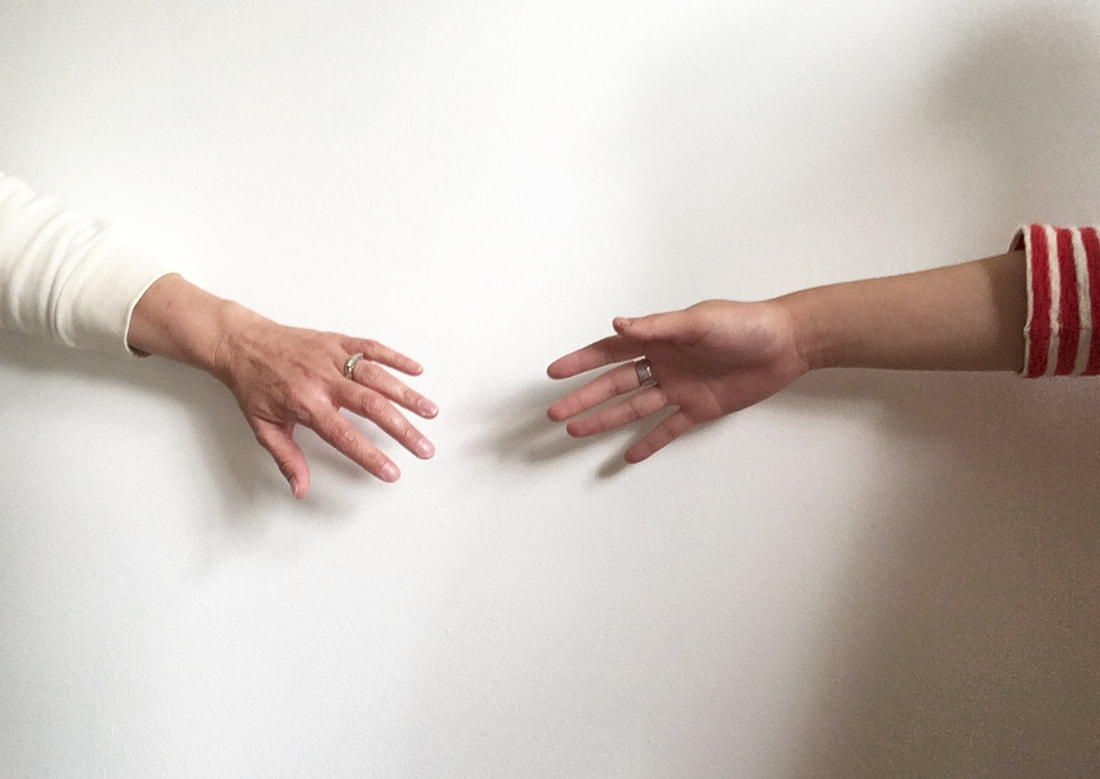A number of interviews + articles have come out proclaiming the need for systemic change in regards to climate change. Surprisingly, the message that often accompanies this call opines the futility of individual efforts toward impacting climate change.
In an interview on NPR, Ajay Singh Chaudhary advocated for a "rethinking of capitalism" as a major way to impact climate change. He also said, "So often this conversation about climate change gets framed in these hilarious things like, 'Oh, are you like, how much plastics are you recycling? How much are you composting? Have you eaten more beans than meat?', Right?" When the interviewer said, "OK, so I could decide I'm not going to eat red meat anymore", (Chaudhary laughs) "but you are saying instead of that you..."
Alden Wicker wrote an article for Quartz entitled, "Conscious consumerism is a lie. Here's a better way to save the world." Wicker based her case against conscious consumerism on this quote from this study, "A 2012 study compared footprints of 'green' consumers who try to make eco-friendly choices to the footprints of regular consumers. And they found no meaningful difference between the two."
So I read the study...which states that people often do things like buy a hybrid car + then drive more than they otherwise would have, because it's "green"...or become vegan + then eat more foods imported from further away. The study puts it this way, "The research found no significant difference between the carbon footprints of green and brown consumers suggesting that individual environmental behaviour does not always modify consumption patterns significantly. Consumers offset the impact of their environmental behaviour by consuming more."
So actually the study points out that one's ecological footprint is more related to one's level of consumption rather than to the amount of "green" products (like a hybrid car or bamboo toothbrush) one buys or the "eco" labels (like vegan or zero-waste) one adopts. My personal perceptions of sustainability greatly emphasize consuming less too...many of us actually call this "conscious consumption". Ahem.
I've had conversations about climate change that resulted in statements like, "Yeah, but there's nothing we can do about it." In response, I begin by emphasizing that systemic change like power plants making the switch to solar + wind power is crucial...but I also offer some personal changes that we can make. Learning "enough"...buying local, in-season, organic produce...reducing meat consumption...cutting out packaging altogether...reducing use of air-conditioning, heat, car gas +/or lighting...line drying clothing...not consuming fast fashion...wearing + mending + repairing + thrifting clothing...consuming less...composting ...living in a smaller home...putting less in the landfill...not buying + washing plastic fibers...it all does matter + will decrease one's environmental impact.
Often the will to engage in the fight for systemic change grows out of a connection + commitment to one or more of these individual choices. Conversely, individual action might grow out of engagement with a systemic cause. Individual actions bundled together offer credibility to the possibility of collective proposals. Why would we want to promote the idea that individual action doesn't matter? Why don't we maximize every bit of good we can do to impact climate change, both systemically AND individually?
The thing is that we need everyone to do what they can...as much as they can.
Love,
Jane
P.S. Reminder: One individual action that contributes to systemic change is voting! ;)




 RSS Feed
RSS Feed